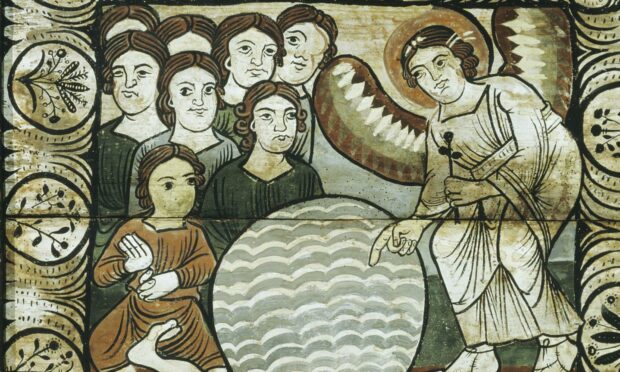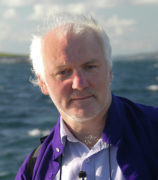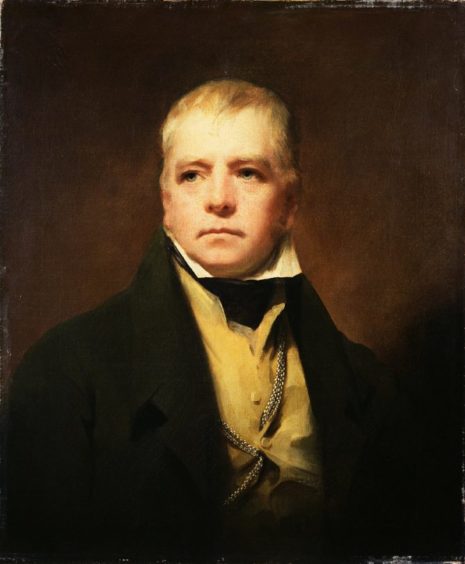I wonder whether the same forces that gave us Trump and Brexit are also involved in the wee Gaelic stramash we’ve had lately?
The discussion has been fuelled by the publication, this time last year, of an academic study titled The Gaelic Crisis in the Vernacular Community.
The book states what many of us have said for years: that Gaelic-speaking island communities could vanish within 10 years unless language policies are changed radically.
The study argues that much more emphasis, resources and power should be given to the indigenous island communities where, despite everything, the language is still used communally.
These suggestions have been received in some quarters as an outright attack on learners of the language and on mainland developments, which is both mistaken and a pity, as the point is to strengthen the best of what remains (in the declining vernacular communities in the Western Isles) as well as to sustain growth on the mainland.
The real enemy is not the cailleach in Barvas or the pàiste in Bruntsfield but an overall national funding package that is wholly inadequate to meet the needs of a native minority language in crisis.
Do we really want to see a language that gave us the glories of Pàdraig Mòr MacCrimmon, Somhairle MacGill-Eain, Flora MacNeil and so many others vanish along with endangered puffins and kittiwakes and freshwater pearls? Of course not.
But if we’re serious, then, as the great Greek physician Hippocrates put it, we need to put our marag where our mouth is. Or, in his own (translated) words “for extreme diseases, extreme methods of cure are most suitable”.
But what if the “patient” doesn’t want to get better. If, despite everything, they shrug. Either through habit or despair. Believing that nothing will work, anyway. Because it never has.
Remember that story in the John’s Gospel? An invalid has been lying there at the healing Pool of Bethesda for 38 years.
Except he never gets healed, because the race always goes to the quickest, and only the first man to the water gets healed. Gets the big budget, as it were.
And Jesus asks him a simple question: “Do you want to get well?” Of course he wants to get well. He’s been trying for 38 years. Or has he? Maybe he has become familiar with his state. Accustomed to his condition. It’s how it is. How it was. How it always will be. Someone else always gets there first. And Jesus tells him to pick up his mat and walk… not someone else’s mat, by the way. Just his own. The very one he’s lain on for the past 38 years.
iPads, porridge and Gaelic language
The Gàidhealtachd has suffered – or benefited from – being “improved” for centuries. Since before the break-up of the Lordship of the Isles in the 15th Century, the state has spent some time and money and energy in trying to “civilise” us.
They gave us splendid Wade roads to march on, and bonny military uniforms to wear, and beautiful English primers to read, and lovely lined-jotters to write in, and still folk clung on to their old ways, lighting peat fires, singing Gaelic songs and using their outdated tongue. Even now, on our iPads.
And perhaps, like those in the rust belt of America or in the Thatcher-scourged communities of England, the natives have become tired of being led to water. Those nice liberals from New York or London telling them how they ought to think and behave and be and vote. Sod you, they think, with your Islington notions.
Could it be that the Gaelic natives have the same reservations?
It reminds me of a splendid, if patronising, quote from the great Walter Scott. He was, of course, a Tory and thereby had a vested interest in the status quo.
This is the advice he gave to leaders. It seems, as Karl himself might have said, we have nothing to lose but our porridge: “All your domiciliary, kind, impertinent visits – they are all pretty much felt like insults, and do no manner of good: let people go on in their own way, in God’s name.
“How would you like a nobleman coming to teach you how to dish up your beefsteak into a French kickshaw? Let the poor alone in their domestic habits, I pray you; protect them and treat them kindly, of course, and trust them; but let them enjoy in quiet their dish of porridge and their potatoes and herrings, or wharever it may be – but for any sake don’t torment them with your fashionable soups.”
- Angus Peter Campbell is an award-winning writer and actor from South Uist.



